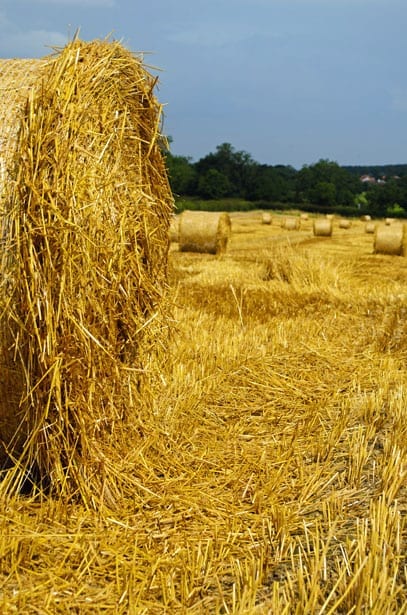 The National Farmers Union has estimated that last year’s rains came with a £1.3 billion price tag.
The National Farmers Union has estimated that last year’s rains came with a £1.3 billion price tag.
The record breaking rainfall that was experienced in the U.K. in 2012 has cost farmers across the country an estimated £1.3 billion as a result of poor harvests and the more expensive price of feed for cattle that ensued, leading farmers to ask the government for crop insurance against extreme weather events.
This request is meant to help the country to be able to uphold its national food security.
Data from the National Farmers Union (NFU) estimated that the lost output from potato and wheat crops, alone, was around £600 million. The additional £700 million was due to extra costs such as the high price of feed, which was needed in larger supplies as the water swamped fields were impossible to use for grazing. Farmers are hoping from protection from this type of expense through government assisted farm and crop insurance.
Peter Kendall, the president of the NFU, is hoping for better crop insurance options.
These figures were released ahead of the first major address to the industry of Environment Secretary Owen Paterson, who spoke at the Oxford Farming Conference. Kendall stated that he believed that the statistics would be used to help to soften the blow as Paterson announced that he wanted to eliminate the European “Pillar 1” subsidies. These subsidies are a payment that farmers receive for owning land which is currently producing.
The lack of subsidies and crop insurance could make it very challenging for growers in coming years. In the U.K, farmers had been receiving approximately £2.97 billion (€3.65 billion) per year under this program from the European Union.
Though the NFU had been in support of the elimination of the subsidy, this support was only in the case that all of Europe – and preferably other areas of the world – also removed the payments. Moreover, it was hoping that the subsidies would be replaced by a type of crop insurance coverage that would help to provide farmers with protection against the impact of extreme weather, which could cause them to go under during the most challenging years.
